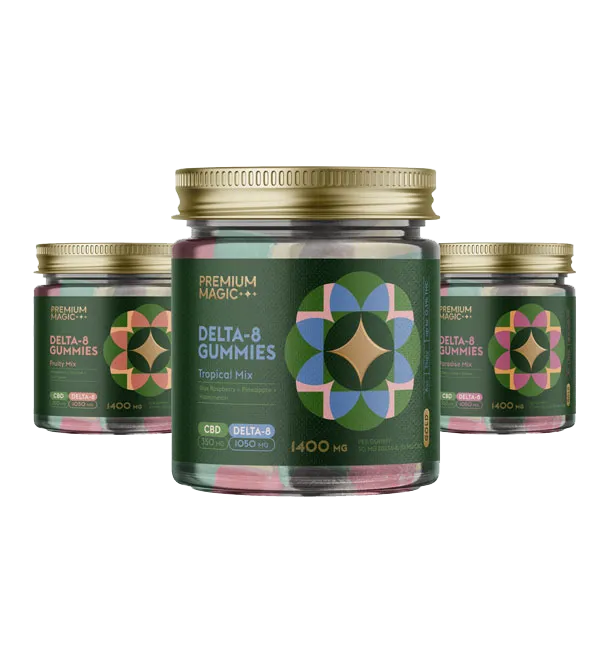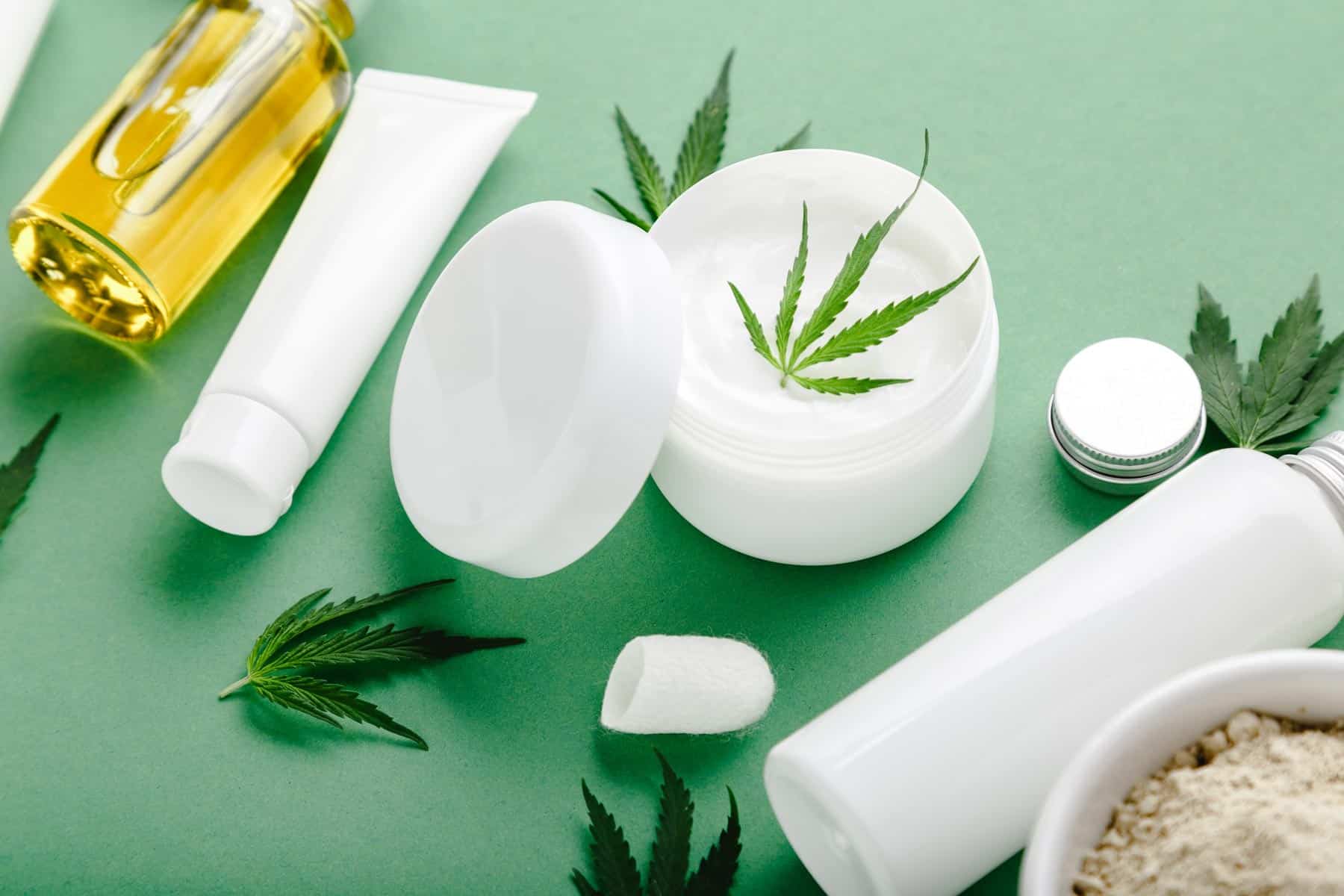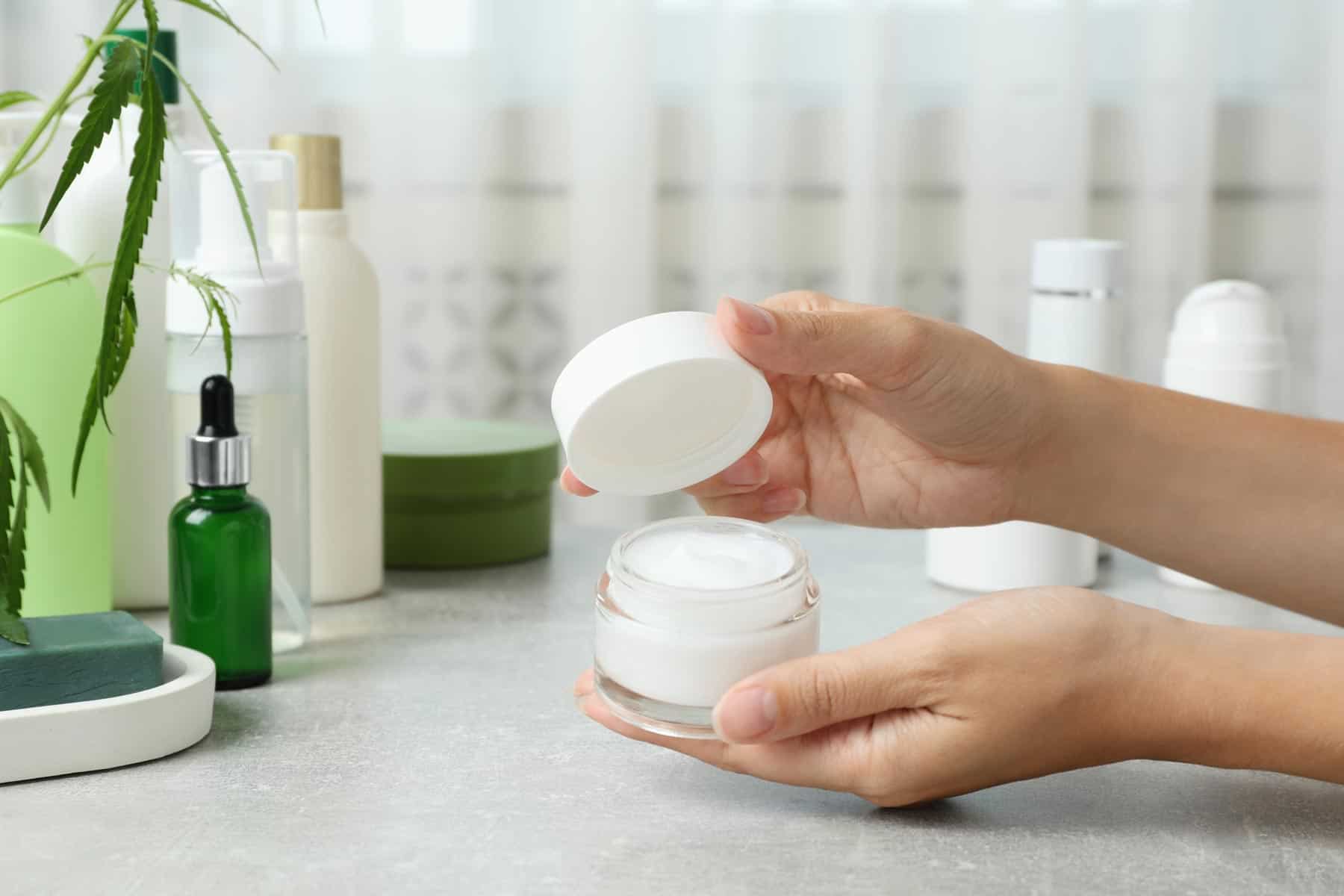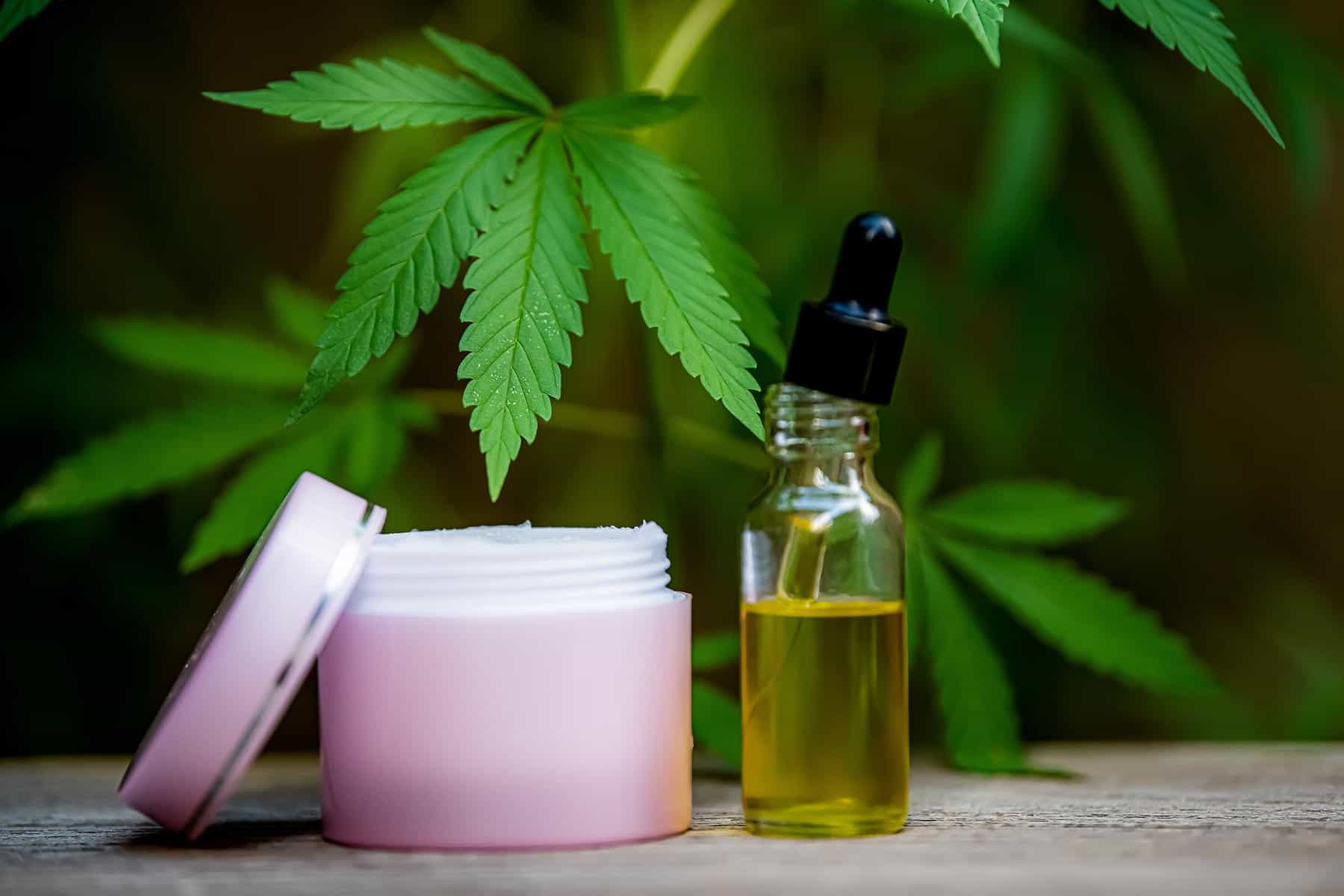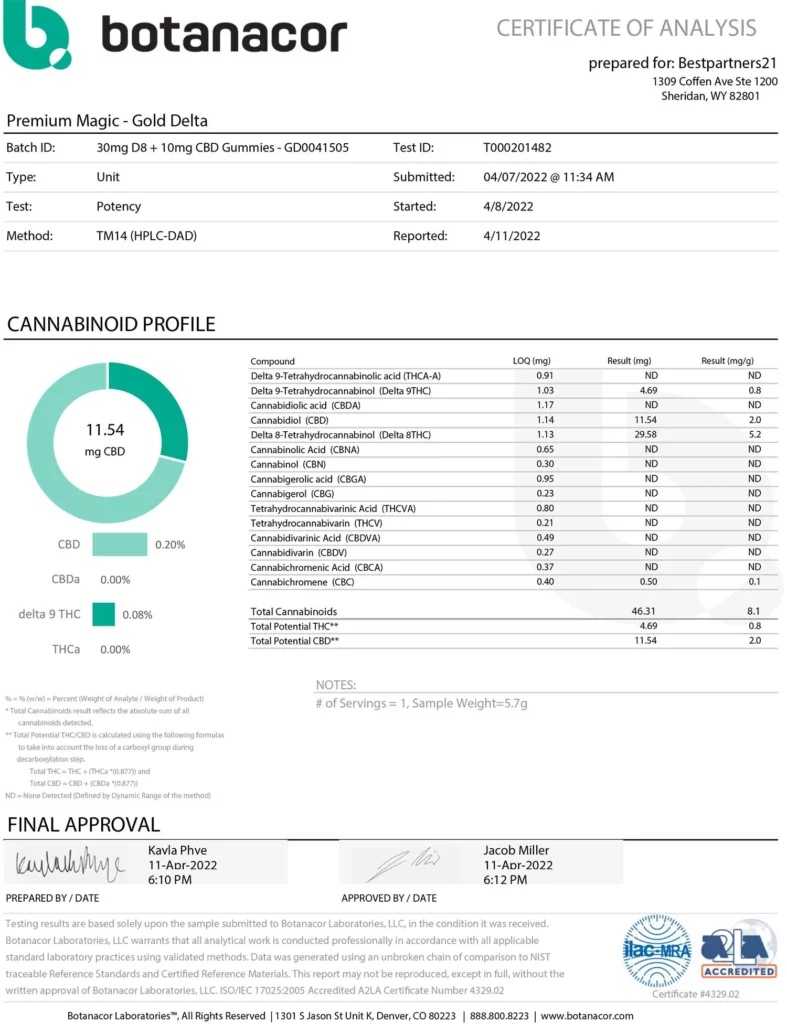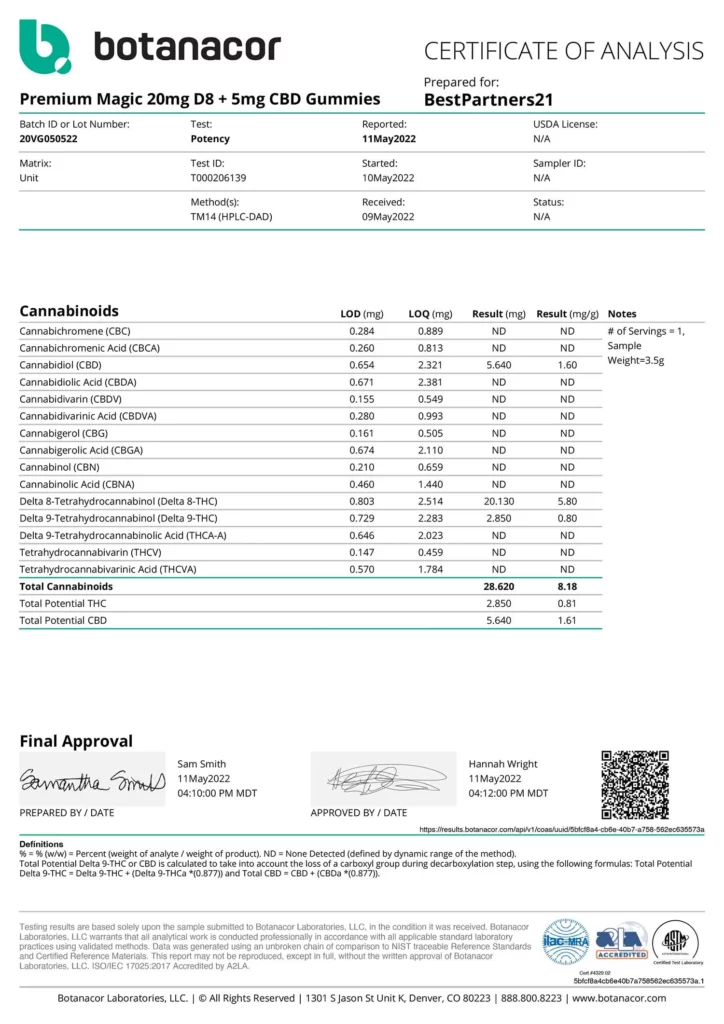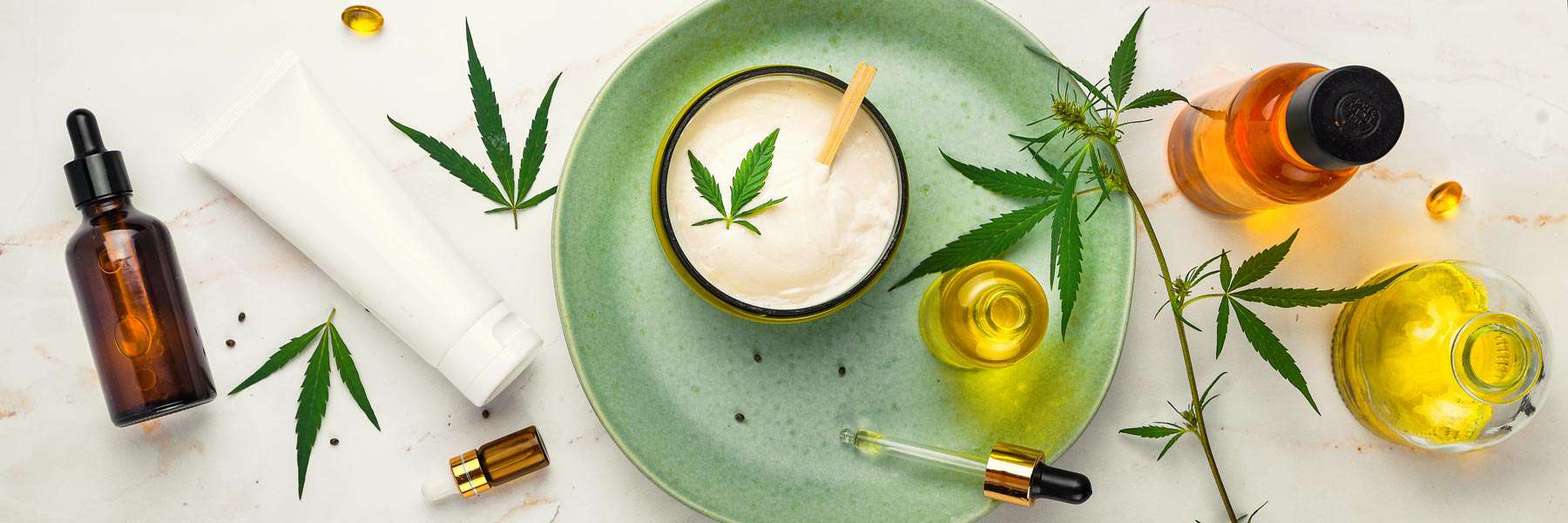
The Future of Delta 8 Cream: Opportunities, Challenges, and Innovations in Cannabinoid Therapy

The use of cannabis-derived compounds for medicinal purposes is gaining more attention, with the discovery of Delta 8 THC and its potential health benefits. Delta 8 is a topical formulation that contains Delta 8 THC, a cannabinoid found in the cannabis plant. This article explores the future of Delta 8 cream, highlighting its opportunities, challenges, and innovations in cannabinoid therapy.
Opportunities for Delta 8 Cream
Delta 8 cream has the potential to offer a range of therapeutic benefits. Delta 8 THC has been shown to have anti-inflammatory, analgesic, and neuroprotective properties. It may also help reduce anxiety and improve sleep. These effects make Delta 8 a promising treatment option for various health conditions, including chronic pain, arthritis, and multiple sclerosis.
Moreover, Delta 8 cream is non-psychoactive, which means it does not cause the high associated with Delta 9 THC, the primary psychoactive compound in cannabis. This feature makes Delta 8 more accessible to patients who want to avoid the psychoactive effects of cannabis while still benefiting from its therapeutic effects.
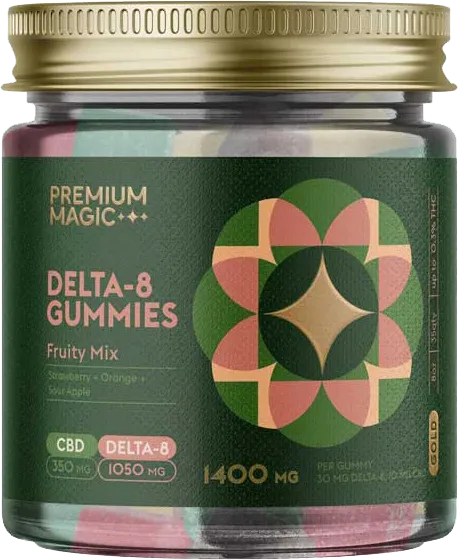
Delta-8 Gummies – Gold Fruity Mix
Original price was: $82.99.$38.99Current price is: $38.99.
Or Subscribe and Save 30%
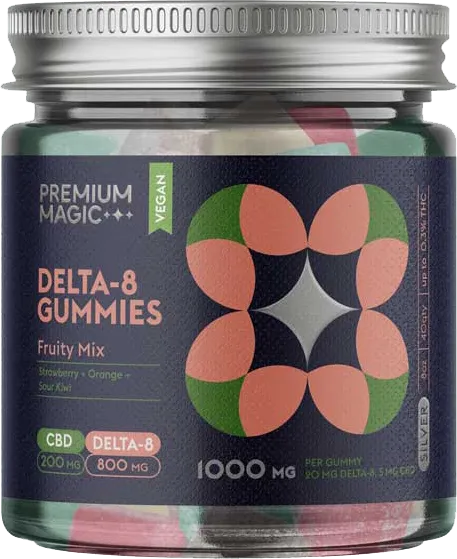
Silver Fruity Mix
Original price was: $68.99.$33.99Current price is: $33.99.
Or Subscribe and Save 30%
Challenges for Delta 8 Cream
Despite its potential benefits, Delta 8 cream faces several challenges. One of the most significant challenges is the lack of regulation in the cannabis industry. The Food and Drug Administration (FDA) has not approved Delta 8 THC for medicinal use, which means that manufacturers of Delta 8 are not subject to the same regulatory standards as pharmaceutical companies.
This lack of regulation means that consumers may not know the quality, purity, or potency of the Delta 8 cream they are using. Moreover, there is a risk that Delta 8 may contain harmful contaminants, such as heavy metals, pesticides, or residual solvents, which could pose health risks to users.
Another challenge for Delta 8 cream is the potential for abuse. Although Delta 8 THC is less psychoactive than Delta 9 THC, it can still produce mild euphoric effects. This feature could make Delta 8 a target for recreational use, especially among young people.
Innovations in Cannabinoid Therapy
Despite these challenges, several innovations in cannabinoid therapy could help address these issues. One of these innovations is the development of standardized testing methods to ensure the quality, purity, and potency of Delta 8 cream.
Another innovation is the use of nanotechnology to improve the delivery of Delta 8 THC. Nanotechnology involves the use of tiny particles to enhance the absorption and bioavailability of cannabinoids in the body. This approach could help reduce the dose of Delta 8 THC needed to achieve therapeutic effects, which could reduce the risk of adverse side effects.
Moreover, some companies are exploring the use of Delta 8 THC in combination with other cannabinoids, such as CBD or CBG, to create a synergistic effect. This approach could enhance the therapeutic benefits of Delta 8 cream while reducing the risk of adverse side effects.
Conclusion
Delta 8 cream has the potential to offer a range of therapeutic benefits, including anti-inflammatory, analgesic, and neuroprotective properties. However, it also faces several challenges, including the lack of regulation in the cannabis industry and the potential for abuse. To overcome these challenges, innovation is needed to ensure the quality and safety of Delta 8 cream and to develop new delivery methods and formulations that enhance its therapeutic benefits while reducing the risk of adverse side effects.
